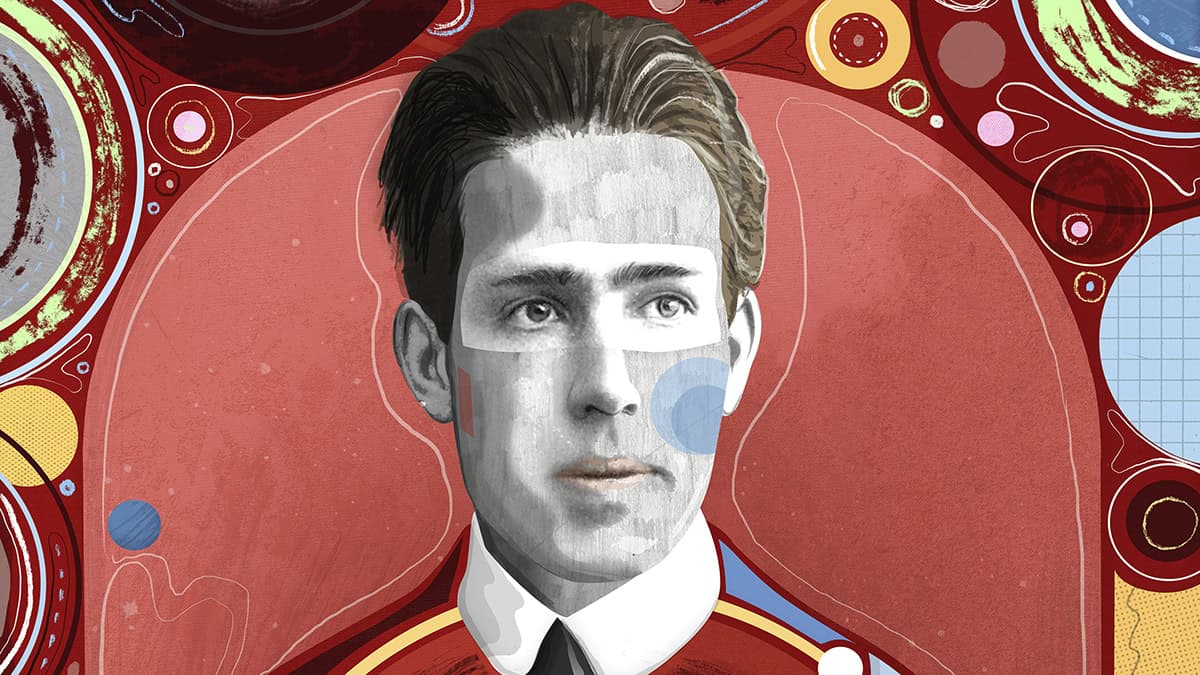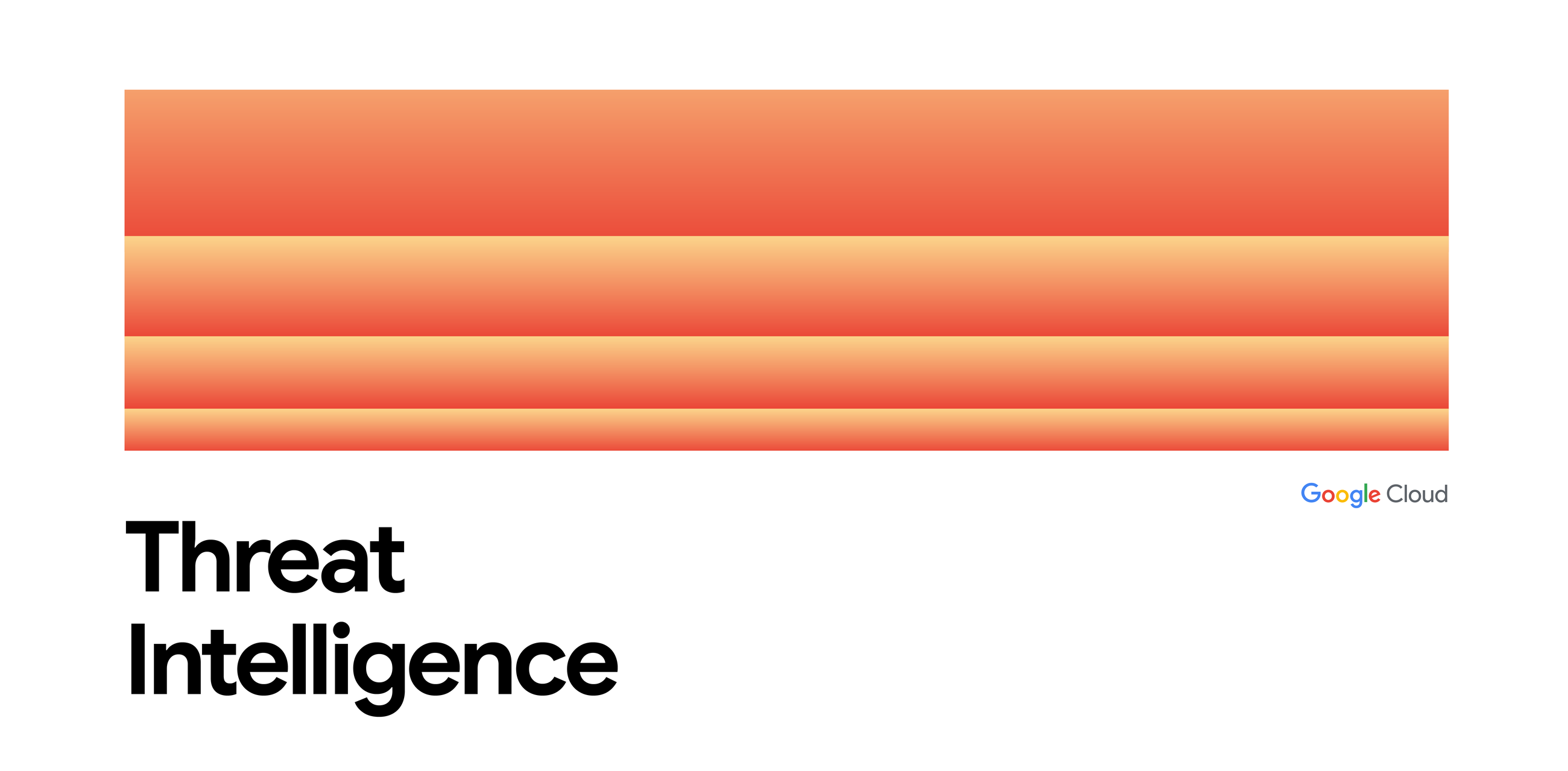FBI Agents Defy Purge Attempt: A Silent Act of Heroism

A significant number of FBI agents and staff are defying the Justice Department's attempt to purge personnel involved in the January 6th Capitol riot investigation. They are refusing to complete a questionnaire detailing their involvement, backed by some field office leadership. This silent resistance highlights the FBI's commitment to upholding the rule of law against political interference. The outcome remains uncertain, but the implications for the US justice system and political landscape are significant.


























